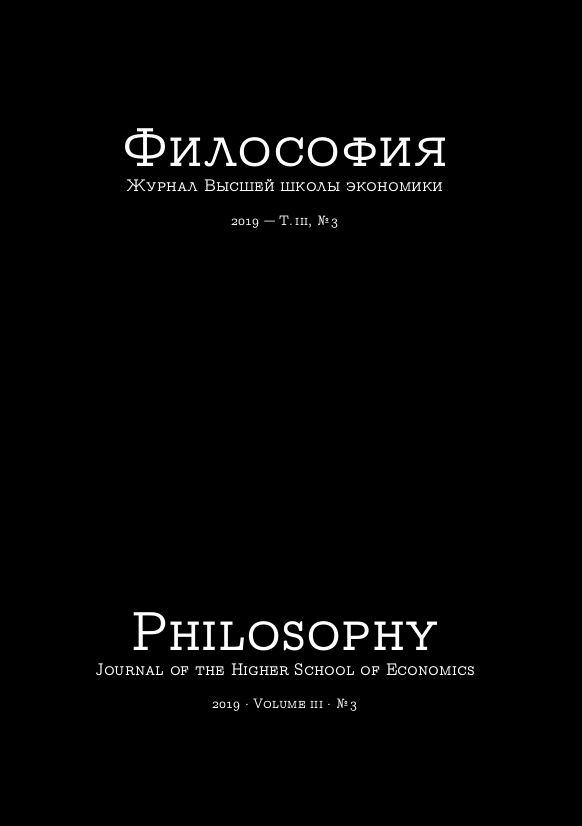Faith as the Basis of the Moral
Prospect of Understanding Ethics Based on the Concept of James and Kierkegaard
Abstract
The concept of faith can be described as the basis of moral life. The necessity of the faith to be moral is the reason why W. James writes several texts from the “Will to Believe”. James's interpretation of the faith and the connection between the faith and the moral is very close to the continental philosophical tradition of S. Kierkegaard, J. Derrida and J. Milbank. This connection applied in the concept of faith as the doxastic venture by J. Bishop. Based on this tradition, we will show the relation of the possibility of a moral life to the acceptance of an uncertain future as a value and a good. Such acceptance is realized in the Christian faith. And it is necessary to take such a reasonable position that makes sense of moral behavior. Faith is interpreted as an “ethos” or “way of life”. The nature of faith is action. The solution to believe or not to believe is necessary because it affects the question of the ultimate meaning of existence, that could not be is rationally solved. The idea of faith as the basis of moral experience allows us to review the essence and status of ethics and morality. On the one hand, such morality is no longer necessary or certain obligation of some law. On the other hand, it makes possible to make moral decisions in the framework of ideas on the contingency of the world, characteristic of modern ontologies.






